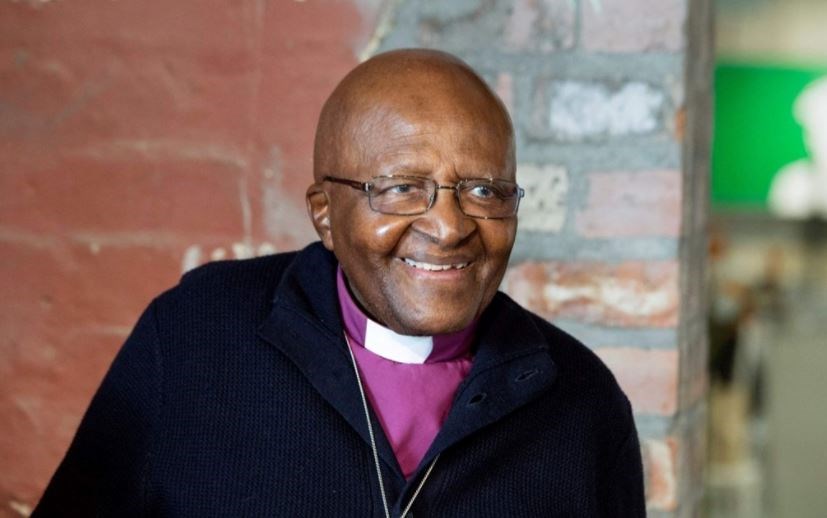On December 26, the world said goodbye to Bishop Desmond Tutu, the 1984 Nobel Peace Prize winner and tireless advocate for human rights. He is best known for his non-violent struggle against and triumph over Apartheid, the white only, racist system of government in South Africa that oppressed Tutu and his countrymen for decades.
Lifelong activist Ralph Nader said, “Archbishop Tutu was…a very special leader. He was completely non-violent…he expressed himself joyously. But I think what really distinguished him from his comrades is that he didn’t play favourites in terms of his stand against injustice.” Nader points out that he did what few black Africans in positions of authority had the courage to do, he criticized other black leaders for their corruption and violations of human rights.
Praise for Tutu is not universal, however. American Lawyer Alan Dershowitz stated, “The world is mourning Bishop Tutu.…Can I remind the world that…the man was a rampant anti-Semite and a bigot?”
There is no place in the world for something as heinous as antisemitism. It is difficult to think of anything that has led to more vicious crimes against humanity than antisemitism. However, does Dershowitz’s accusation fit Bishop Tutu?
It is true that Tutu made controversial statements about the Holocaust. At a 1989 visit to Yad Vashem, he gave a sermon stating that it was important to forgive the perpetrators of the Holocaust. To this, renowned survivor, witness and author Elie Wiesel stated, “No one has the right to forgive, except the dead themselves.”
Does such a perspective make Tutu antisemitic, or is it consistent with his personal views on other issues? After the fall of Apartheid, Tutu led the Truth and Reconciliation Commission, offering forgiveness in the form of a legal amnesty to those who admitted to crimes under the regime. Many believe that Tutu offered a “get out of jail free card” to criminals who needed to be held accountable.
According to the Jerusalem Declaration on Antisemitism, “Antisemitism is discrimination, prejudice, hostility, or violence against Jews as Jews (or Jewish institutions as Jewish).”
Is that something that Bishop Tutu stood for? He did openly criticize the State of Israel, comparing it to Apartheid South Africa in its treatment of the Palestinian people. He did support peaceful protests in favour of Palestinian rights and call for boycotting Israel the same way he called for boycotts and sanctions against the State of South Africa during Apartheid. Did that make him antisemitic?
Looking back on numerous recordings of Bishop Tutu’s speeches and interviews, it is difficult to find anything hostile, violent, prejudicial or discriminatory in any of his words, even when he challenged people and institutions.
In discussing his views on the Israel-Palestinian conflict, Tutu stated, “Part of my own concern for what is happening there is in fact not what is happening to the Palestinians, but it is what the Israelis are doing to themselves…. when you carry out dehumanizing policies, whether you like it or not, those policies dehumanize the perpetrator.”
Many world leaders, including Joe Biden, Boris Johnson and Justin Trudeau praised Tutu as a strong moral voice in the world. At the same time all three demonize peaceful movements which challenge the State of Israel to treat Palestinians more humanely. These boycotts and sanctions were supported by Tutu and continue to be supported by people around the world, including many Jews and even many Israelis. (Editor's note: This column has been corrected from an earlier version which contained an inaccurate number of Jews who support boycotts and sanctions.)
Great people are often great because their integrity challenges us to examine the inconsistencies in our own beliefs and in our behaviour.
Bishop Desmond Tutu will always be controversial. May discussing and debating his legacy help us to bring out the best within ourselves and in one another.
Gerry Chidiac is a Prince George teacher.

